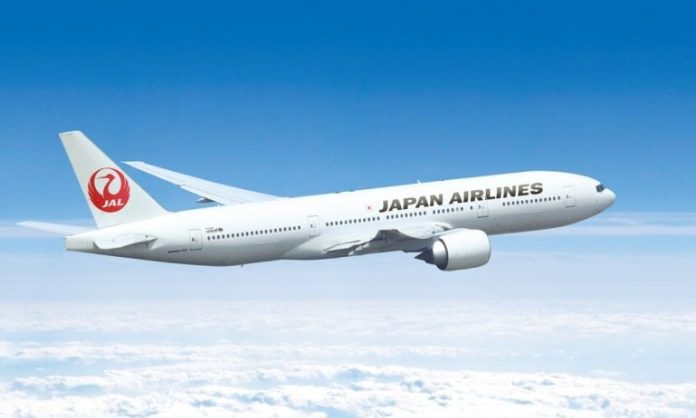Tokyo, JAPAN – Japan Airlines (JAL) has announced today, following its board of directors meeting, the decision to introduce a total of 21 Airbus A350-900 aircraft from Airbus, along with 11 A321neo aircraft, and 10 Boeing 787-9 aircraft from The Boeing Company, as part of its fleet renewal plan.
On international routes, JAL will introduce an additional 20 Airbus A350-900 aircraft, currently serving as the backbone of its domestic operations. Moreover, JAL plans to add 10 Boeing 787-9 aircraft to its existing fleet of over 50 Boeing 787 series aircraft. These new aircraft introductions aim to enhance and expand the capacity of JAL’s international operations, with a primary focus on regions such as North America, Asia, and India where future growth is expected. As of 2030, JAL aims to expand and grow its international network, increasing the combined supply capacity of both full-service carriers and low-cost carriers (LCCs) by approximately 1.4 times, while also accelerating the adoption of the latest fuel-efficient aircraft to provide customers with the best possible service and further reduce CO2 emissions. The introduction of both aircraft types is planned over a period of approximately six-years, starting in FY2027.

On domestic routes, JAL will introduce 21 Boeing 737-8 aircraft to replace its current Boeing 737-800 fleet, starting from 2026. Additionally, to update their existing fleet of medium-sized Boeing 767 aircraft, JAL has decided to introduce 11 Airbus A321neo aircraft. This marks the first-time introduction of Airbus A321neo aircraft for JAL. These aircraft will be strategically deployed on routes that align with demand, including to and from Haneda Airport, starting from 2028. Furthermore, JAL has also decided to introduce one additional Airbus A350-900 (domestic configured) as a replacement for the A350-900 aircraft that was lost in January 2024.

JAL Group remains committed to steadily advancing the introduction of fuel-efficient aircraft as part of its efforts to achieve CO2 emissions reduction targets (a 10% reduction in total emissions compared to 2019 by fiscal year 2030, and near-zero emissions by fiscal year 2050).
【Breakdown of the Number of Introductions】

【Overview of A321neo】
The Airbus A320neo series is currently being operated by over 70 airlines worldwide, with more than 3,000 aircraft in service, and Airbus has received more than 10,000 orders.
The newly introduced A321neo by the JAL Group is the longest variant in the A320neo series. It is equipped with the latest engines (LEAP-1A or PW1100G-JM) that improve fuel efficiency. Compared to the previous A321ceo model, it is expected to achieve a reduction of approximately 15% in fuel consumption and CO2 emissions, showcasing excellent economic and environmental performance.
Furthermore, the standard Airbus Airspace interior enhances the sense of spaciousness and comfort in the cabin. The advanced engines also offer high noise reduction, meeting the stringent Chapter 14 noise standards set by the International Civil Aviation Organization (ICAO), ensuring a quiet onboard environment.

